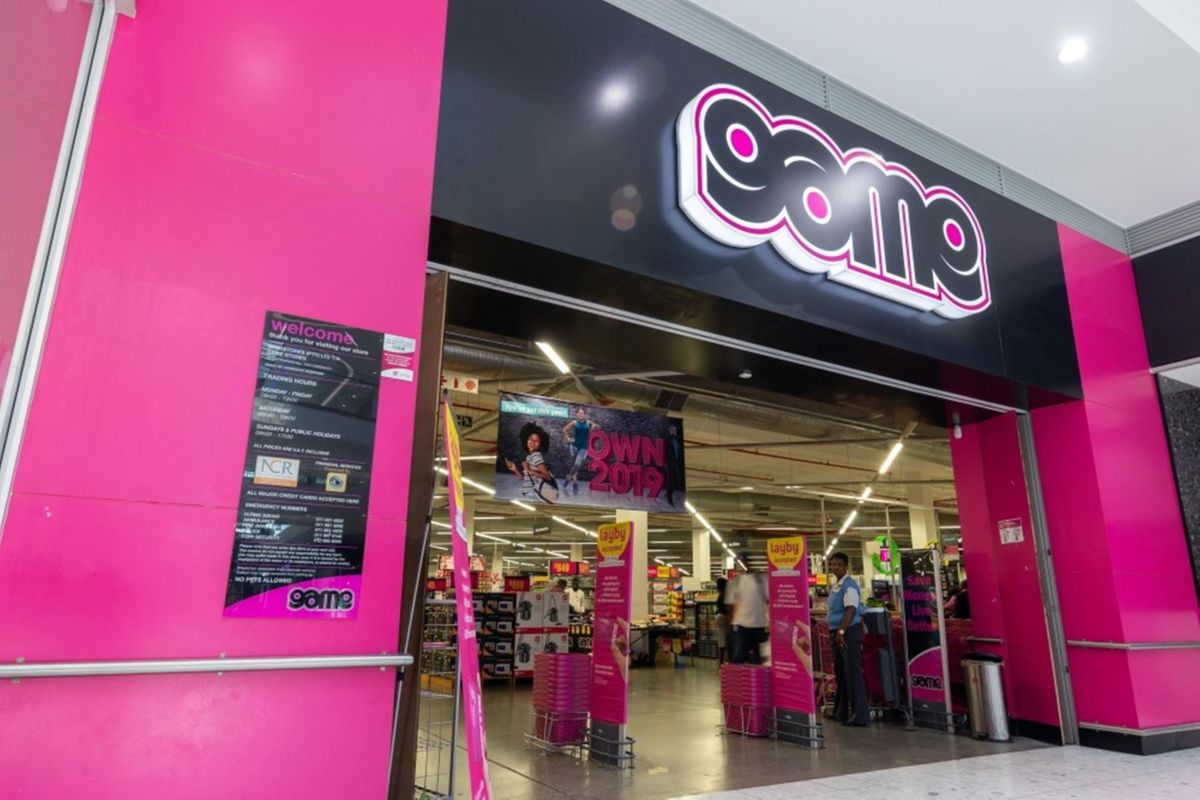Dar es Salaam. Despite the economies of Tanzania and other East African countries posting impressive growth in recent years, retail chains based elsewhere have been struggling to operate profitably in the region.
South African retailers Game and Shoprite are among the big names that quit the Tanzanian market in the last decade or so.
Latest reports indicate that another South African retail chain, Mr Price, is finalising plans to close its outlets in Tanzania.
Mr Price has set September 5 as its final day of operations in Tanzania.
An employee of the retail chain who asked not to be identified for fear of reprisals told The Citizen that they were informed in July that the company was pulling out of the country and that they should prepare for its imminent exit.
Neighbourhood shops
Analysts say supermarkets are an alien concept to the vast majority of Tanzanians.
Most Tanzanians have grown up being familiar with shops in the immediate vicinity of their homes.
This explains why Tanzanians in the middle-income bracket usually include structures to be rented out as shops when they build homes.
“A good number of Tanzanians have this perception that shopping malls and supermarkets are there for high-income earners…the super-rich, if you will,” said Dr Wilhelm Ngasamiaku of the University of Dar es Salaam.
“Foreign retail chains come here in the belief that Tanzanians from all walks of life will be their customers, but the reality is different because most Tanzanians view shopping malls and supermarkets as meant to cater primarily for the middle and upper classes.
Dr Daudi Ndaki of Mzumbe University said businesses in many southern and eastern African countries usually do not conduct thorough research to understand potential customers’ preferences.
“People find it difficult to understand why they should go to supermarkets to buy eggs, for instance, when they can buy the same at shops that are a stone’s throw from their homes,” he said.
Chinese and Turkish traders and the Kariakoo factor
The growing number of shops operated by Chinese and Turkish nationals in prime locations such as Mlimani City in Dar es Salaam and which sell quality goods products at relatively lower prices is another factor.
At Mlimani City, for example, foreign-owned outlets such as Little Mall, Numero Uno, Defacto and LC Waikiki can pose stiff competition to any supermarket chain that sets up shop in the area.
“I used to go to Mr Price and other big names, but I stopped doing so the day I went into one of these Turkish shops and bought high-quality clothes at affordable prices,” said Ms Pendo Msuya, a resident of the city’s Mwenge area.
A Temeke resident, Mr Yakubu Ng’anzi, said the widespread belief that it is only at Kariakoo where shoppers can get the best deals is also having an adverse impact on big supermarkets.
“Visit Kariakoo whenever popular holidays such as Idd ul-Fitr, Easter and Christmas approach and you will get an idea of what I mean. The area usually teems with multitudes. That is why operating big retail outlets in other areas in Dar es Salaam is an uphill task,” he said.
Mr Ng’anzi added that one can easily find in Kariakoo goods that are sold at much lower prices than at some supermarkets located in prime areas.
An economist at the University of Dar es Salaam, Dr Jehovaness Urasa, said that for any company to continue existing it must make profits and it is thus not surprising when seemingly big business concerns quit Tanzania.
“This is a tough market because most people don’t have a culture of buying goods at malls and instead prefer shopping elsewhere,” he said.
Industry and Trade deputy minister Exaud Kigahe said the government has put in place a conducive business environment for local and foreign investors alike.
He added that foreign businesses operating in Tanzania should seek the government’s advice when they encounter any challenges instead of simply packing up and leaving.
“Foreign retail chains should also accept the fact that there are ups and downs in any business. I urge them to continue conducting business in the country and come up with business plans that are tailor-made for the Tanzanian market,” Dr Kigahe said.















